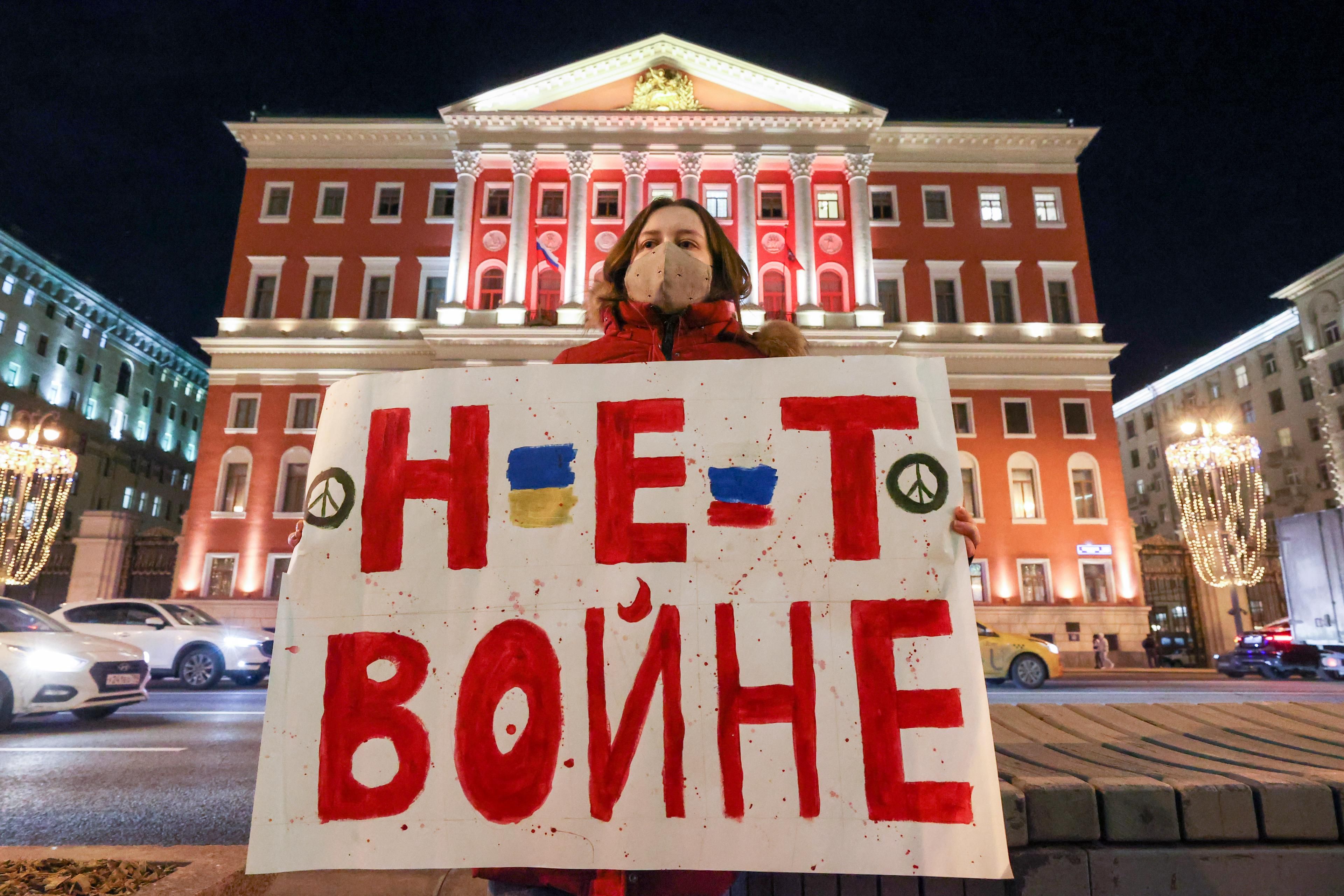6,000: As of Monday afternoon in Moscow, an independent monitoring site said almost 6,000 Russians had been arrested in multiple cities for protesting the invasion of Ukraine. Russia hasn’t seen such mass rallies since the January 2021 return and imprisonment of top Putin critic Alexei Navalny.
13 million: Ukraine raised over $13 million in cryptocurrencies this weekend after the government launched an unprecedented crypto crowdfunding appeal. Ukraine’s digital ministry has said the funds will “help Ukraine armed forces.”
30: European Commission President Ursula von der Leyen announced on Sunday that the 27-member strong EU will shut its airspace to Russian airlines, following similar moves by the UK, Iceland and Norway. This means Russian carriers could have only a route via the tiny Gulf of Finland to fly west.
500,000: More than 500,000 Ukrainians have fled to Poland and other neighboring countries since the Russian invasion began, according to the UN refugee agency. Unlike in the 2015-2016 Syrian migrant crisis, this time eastern EU members have rolled out the red carpet for Ukrainians.More For You
Indian Prime Minister Narendra Modi and Canadian Prime Minister Mark Carney struck a series of deals during a meeting in New Delhi on Monday, including a 10-year nuclear energy deal under which Canada will provide India with uranium.
Most Popular
The US and Israel have launched a series of strikes against Iran at a moment when the Islamic Regime is at its weakest. Ian Bremmer spoke with Iran expert Karim Sadjadpour in Munich earlier this month to understand the choices the regime and population are facing.
With US forces building up in the Middle East, Trump is betting military pressure will force Iran to bend. Will this turn into a full-scale conflict?
Are we still talking. #PUPPETREGIME
